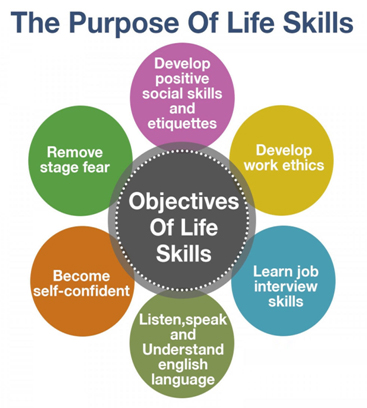School is the Miniature Form of the Society
Introduction
This is the most sensitive phase of a student. At this level basic concepts are introduced to build their comprehensive skills acquiring knowledge and transforming it to a level of wisdom. In this phase a student with strong foundational skills is more likely to succeed, for a sense of independent learning.
This level makes them self-propelled and teaches them how to use their previous knowledge to learn new concepts. He/she is now at a stage where they are learning to work independently and develop their skills, but they are still reliant on the teacher to teach, instruct, and help them.
Our mentor’s role
Our mentor’s introduce new concepts at school and allow the student perform the tasks independently. Teacher assists every child as per requirement to bring him/her at par to construct a notion. The teacher may advise parents on how to assist the child with school work at home. Assistance may include organising extra lessons or getting extra work to do at home.
Independent Intermediate ‘Sunshiny’
Primary focus of our students is to discover and explore their intellectual expansiveness. Students transit from receptive to productive skills during these years, they also work well in groups and building a team spirit
Sunshiny’s are full of ideas and enthusiasm. They enjoy working co-operatively and become engrossed in the task given at hand. They are full of energy and often exhibit curiosity.
They are actively receptive as learners of factual information and often love to memorize. Our students are also capable problem solvers and have an increasing ability to conclude vague ideas.
At intermediate level we tend to encompass areas such as:
Scholastics:
- English
- Math
- Science
- Social-Science
- Hindi
- Gujarati
- Computer-Science
Co-scholastics:
- Communication:
[Basic Conversation, Productive and Receptive Skills under Listening, Speaking, Reading, Writing]
- Life Skills:
[Health & Hygiene, Yoga & Exercise, Creative Thinking, Interpersonal Relationship]
- Education with Technology:
[Dynamic Learning, Experimental Learning, Brainstorming, Online-Learning, Digital Skills, Tech Savvy]

- Art
- Family Skills:
[Table etiquettes,Cooking, Culinary, Building relationship]
- Library:
[Enhancing reading skills, Researching]
- Self-Study Skills:
[Set realistic goals]
- Music
- Fine Arts
- Physical Education.
Moral and ethical virtues:
- Co-operation
- Resilience
- Respect
- Thoughtfulness
- Simplicity and Fidelity
- Obedience
- Selfless-Sacrifice
- Generous and Kind
- Discipline



